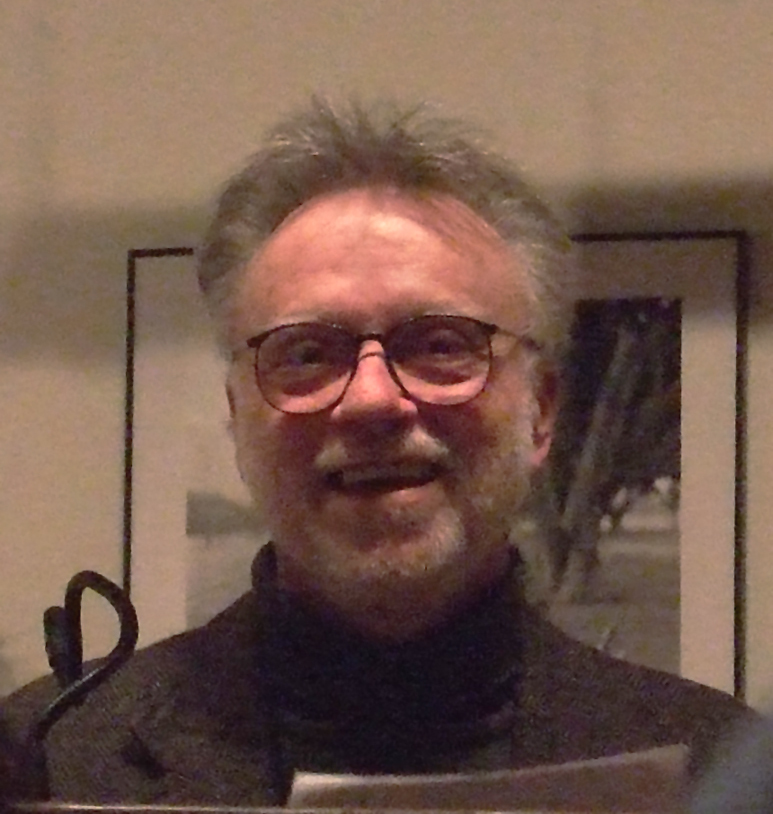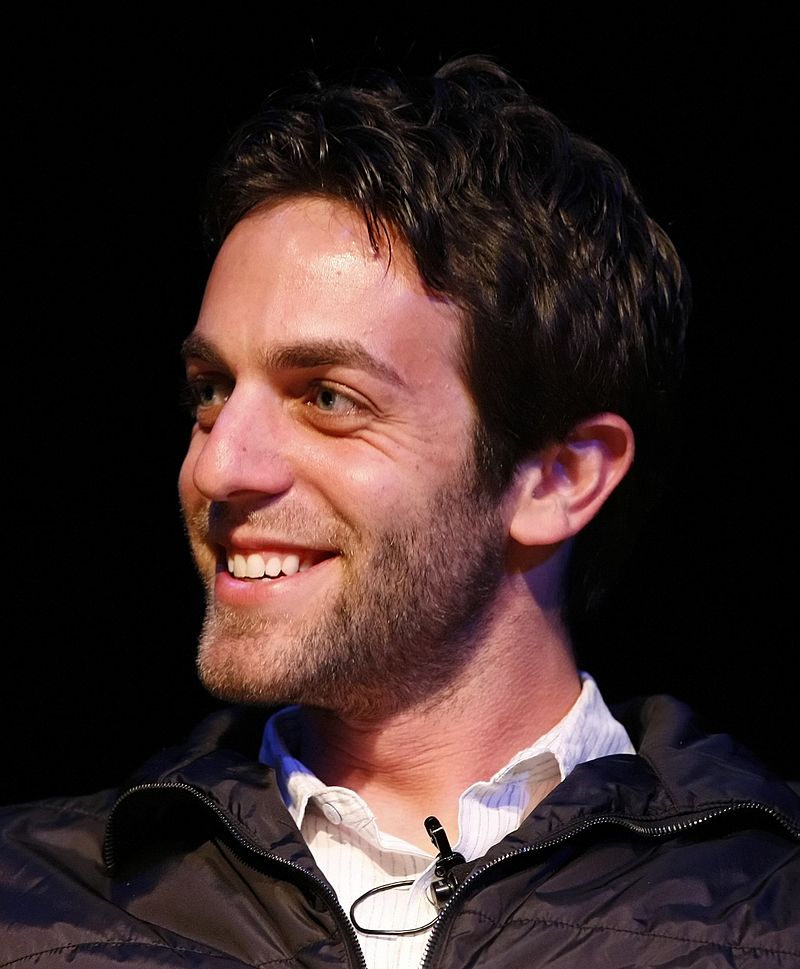 author
authorDiscover the Best Books Written by Raymond Chandler
Raymond Thornton Chandler (July 23, 1888 – March 26, 1959) was an American-British novelist and screenwriter. In 1932, at the age of forty-four, Chandler became a detective fiction writer after losing his job as an oil company executive during the Great Depression. His first short story, "Blackmailers Don't Shoot," was published in 1933 in Black Mask, a popular pulp magazine. His first novel, The Big Sleep, was published in 1939.
In addition to his short stories, Chandler published seven novels during his lifetime (an eighth, in progress at the time of his death, was completed by Robert B. Parker). All but Playback have been made into motion pictures, some more than once. In the year before his death, he was elected president of the Mystery Writers of America.
Chandler had an immense stylistic influence on American popular literature. He is a founder of the hardboiled school of detective fiction, along with Dashiell Hammett, James M. Cain, and other Black Mask writers. The protagonist of his novels, Philip Marlowe, like Hammett's Sam Spade, is considered by some to be synonymous with "private detective." Both were played in films by Humphrey Bogart, whom many consider the quintessential Marlowe.
At least three of Chandler's novels have been regarded as masterpieces, including Farewell, My Lovely (1940), The Little Sister (1949), and The Long Goodbye (1953). The Long Goodbye was praised in an anthology of American crime stories as "arguably the first book since Hammett's The Glass Key, published more than twenty years earlier, to qualify as a serious and significant mainstream novel that just happened to possess elements of mystery." Four of his novels appear on the British-based Crime Writers Association Poll (1990) of the best 100 crime fiction novels ever published.
In straitened financial circumstances during the Great Depression, Chandler turned to his latent writing talent to earn a living, teaching himself to write pulp fiction by analyzing and imitating a novelette by Erle Stanley Gardner. Chandler's first professional work, "Blackmailers Don't Shoot," was published in Black Mask magazine in 1933. According to genre historian Herbert Ruhm, "Chandler, who worked slowly and painstakingly, revising again and again, had taken five months to write the story. Erle Stanley Gardner could turn out a pulp story in three or four days—and turned out an estimated one thousand."
His first novel, The Big Sleep, was published in 1939, featuring the detective Philip Marlowe, speaking in the first person. In 1950, Chandler described in a letter to his English publisher, Hamish Hamilton, why he began reading pulp magazines and later wrote for them: Wandering up and down the Pacific Coast in an automobile, I began to read pulp magazines because they were cheap enough to throw away and because I never had at any time any taste for the kind of thing which is known as women's magazines. This was in the great days of the Black Mask (if I may call them great days), and it struck me that some of the writing was pretty forceful and honest, even though it had its crude aspect.
I decided that this might be a good way to try to learn to write fiction and get paid a small amount of money at the same time. I spent five months on an 18,000-word novelette and sold it for $180. After that, I never looked back, although I had a good many uneasy periods looking forward.
His second Marlowe novel, Farewell, My Lovely (1940), became the basis for three movie versions adapted by other screenwriters, including the 1944 film Murder My Sweet, which marked the screen debut of the Marlowe character, played by Dick Powell (whose depiction of Marlowe Chandler applauded). Literary success and film adaptations led to a demand for Chandler himself as a screenwriter.
He and Billy Wilder co-wrote Double Indemnity (1944), based on James M. Cain's novel of the same title. The noir screenplay was nominated for an Academy Award. Said Wilder, "I would just guide the structure, and I would also do a lot of the dialogue, and he (Chandler) would then comprehend and start constructing too." Wilder acknowledged that the dialogue which makes the film so memorable was largely Chandler's.
Chandler's only produced original screenplay was The Blue Dahlia (1946). He had not written a denouement for the script. According to producer John Houseman, Chandler concluded he could finish the script only if drunk, with the assistance of round-the-clock secretaries and drivers, which Houseman agreed to. The script gained Chandler's second Academy Award nomination for screenplay.
Chandler collaborated on the screenplay of Alfred Hitchcock's Strangers on a Train (1951), an ironic murder story based on Patricia Highsmith's novel, which he thought implausible. Chandler clashed with Hitchcock, and they stopped talking after Hitchcock heard Chandler had referred to him as "that fat bastard." Hitchcock threw Chandler's two draft screenplays into the studio trash can while holding his nose, but Chandler retained the lead screenwriting credit along with Czenzi Ormonde.
In 1946, the Chandlers moved to La Jolla, an affluent San Diego, California, coastal neighborhood. Chandler wrote two more Philip Marlowe novels, The Long Goodbye, and his last completed work, Playback. The latter was derived from an unproduced courtroom drama screenplay he had written for Universal Studios.
Four chapters of a novel, unfinished at his death, were transformed into a final Philip Marlowe novel, Poodle Springs, by the mystery writer and Chandler admirer Robert B. Parker, in 1989. Parker shares the authorship with Chandler. Parker subsequently wrote a sequel to The Big Sleep entitled Perchance to Dream, which was salted with quotes from the original novel. Chandler's final Marlowe short story, circa 1957, was entitled "The Pencil." It later provided the basis of an episode of the HBO miniseries (1983–86) Philip Marlowe, Private Eye, starring Powers Boothe as Marlowe.
In 2014, "The Princess and the Pedlar" (1917), a previously unknown comic operetta with libretto by Chandler and music by Julian Pascal, was discovered among the uncatalogued holdings of the Library of Congress. The work was never published or produced. It has been dismissed by the Raymond Chandler estate as "no more than… a curiosity." A small team under the direction of the actor and director Paul Sand is seeking permission to produce the operetta in Los Angeles.
Best author’s book






















